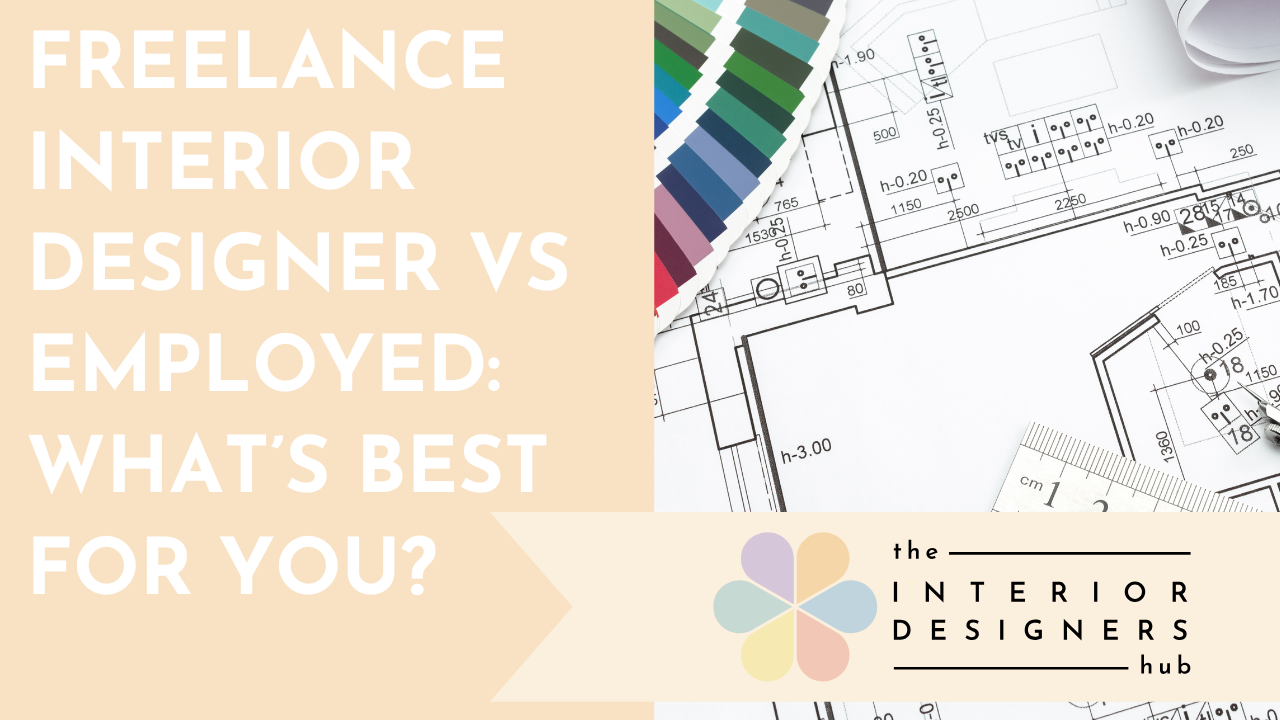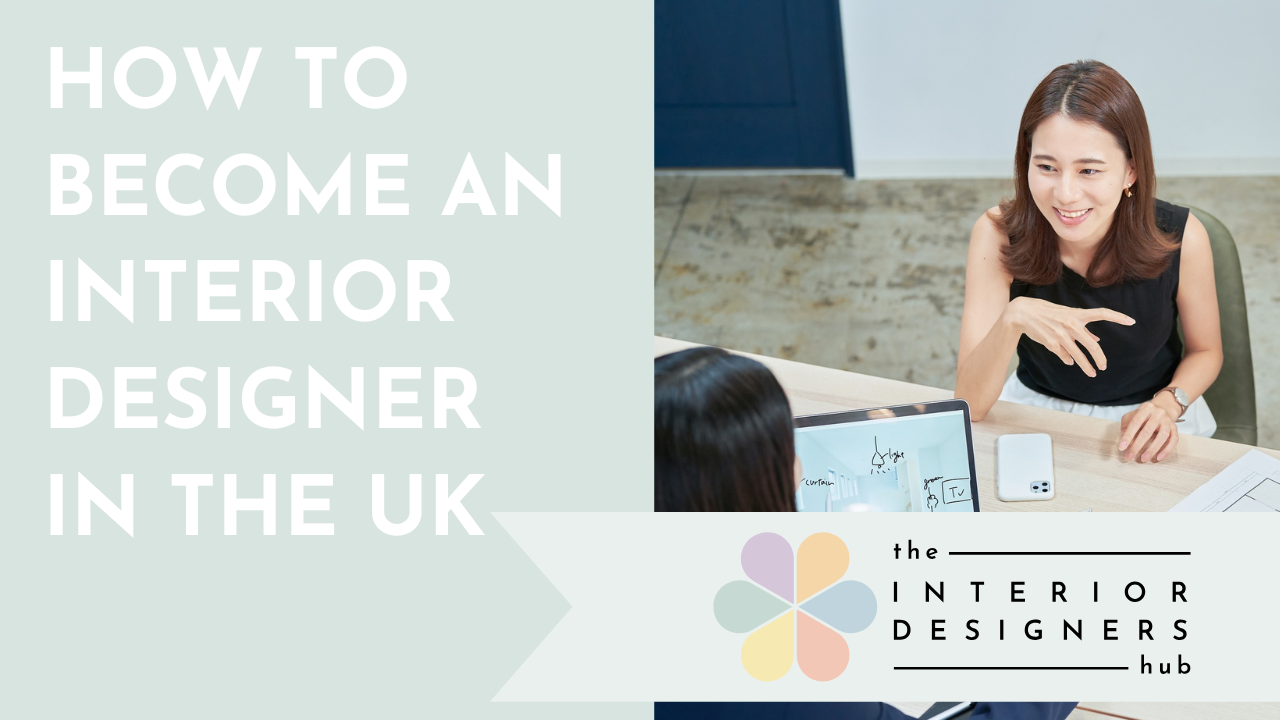Imposter Syndrome for Interior Designers

If you feel like a fraud in your business, and you're constantly worrying that you're going to be found out, you need to read this guide to imposter syndrome for interior designers- right now!
HOW TO RECOGNISE IMPOSTER SYNDROME
If you are struggling with imposter syndrome, you might not know it straight away.
There are some behavioural clues that will help you to see that this is a mindset blocker for you.
a) Do you find yourself worrying that you don't know "your stuff"?
b) Do you get worried about going to an initial consultation in case you don't know the answers to your clients' questions?
c) Do you find yourself spending lots of time perfecting things you are working on, because you worry that it's never good enough?
What To Do About It If You Have It!
First off, recognise that imposter syndrome is actually incredibly common, especially amongst women.
When you qualify as an interior designer, most schools give you your certificate and then send you out into the wide world to sink or swim.
That piece of paper in your hand tells everyone that you are an interior designer. But the problem is that you don't FEEL like an interior designer!
So, what do you need to do, if you want to overcome this. Here are our top tips:
Write a timeline of everything you have achieved in your life. This doesn't have to be all about interior design. Your accomplishments may have come from something you did at school, or through volunteer work, or in a different career, or raising your children.
Write down creative skills like when you decorated your living room, or when you went on a flower arranging day, or what you've learned from your design magazines.
But also write down all of your other achievements too: times when you've shown your time management skills, your project management, skills, times when you've had to use diplomacy and negotiation skills (ever dealt with a toddler?)
All of these skills are transferable, and you need to own what you CAN do, as well as making a plan for the skills you need to improve upon.
Once you've identified the skills you need to improve upon, start looking for how you can fill those gaps. Look for training opportunities and communities that you can join that can help you to up-skill yourself.
And remember, it's okay not to know EVERYTHING about interior design. No-one expects you to be a genius and to have ALL the answers!
Not sure how to set up and run your own business?
👇 Grab our step by step roadmap and stop guessing! 👇
By submitting this form you consent to receiving marketing emails. You can subscribe at any time.









